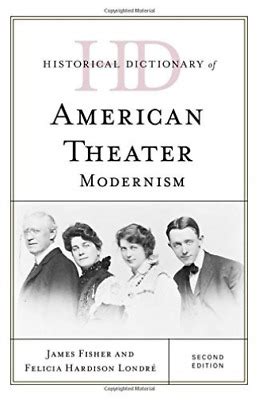A Quote by Frank Moore Cross
The history of interpretation [of the Bible] is fascinating; but that is something else.
Quote Topics
Related Quotes
Now we're living in a nuclear age, and the science that was supposed to be automatically for human welfare has become a nuclear - a science that gives us nuclear weapons. This is the ironic character of human history, and of human existence, which I can only explain, if I say so, in Biblical terms. Now I don't mean by this reason that I will accept every interpretation of Christianity that's derived from the Bible as many people wouldn't accept my interpretation. But that's what it means for me.
There's nothing else exactly like it in any other art form, the orchestration of so many different elements. It's endlessly fascinating what can be done editorially. You can create meaning where there was none, you can create feeling where there was none, you can create narrative where there was none. Two frames can be the difference between something that works and something that doesn't. It's fascinating.
The Bible... provides no guide to reading the Bible. In fact, it is full of such inconsistencies, contradictions, lacunae, obscurities, baffling tales, and poetic imagery that to quote it at all is to select from conflicting alternative passages. Every quotation is therefore necessarily an interpretation.
The Bible is not a book like any other. It makes a claim that God spoke and speaks through its message. It argues that as his creatures, we are accountable to him for what he has revealed. The trustworthiness of Scripture points to its authority as well. Scripture is far more than a history book, as good and trustworthy as that history is. It is a book that calls us to examine our lives and relationship to God. Beyond the fascinating history, it contains vital and life-transforming truths about God and us.
We can now say with considerable confidence that the Bible is not a history of anyone's past.... The Bible's "Israel" is a literary fiction... Not only have Adam and Eve and the flood story passed over to mythology, but we can no longer talk about a time of the patriarchs. There never was a "United Monarchy" in history and it is meaningless to speak of pre-exilic prophets and their writings... The Bible deals with the origin traditions of a people who never existed as such
Philo of Alexandria introduced in the first century what has been described as the 'Hellenizing of the Old Testament,' or the allegorical method of exegesis. By this, as Erdmann observes, the Bible narrative was found to contain a deeper, and particularly an allegorical interpretation, in addition to its literal interpretation; this was not conscious disingenuousness but a natural mode of amalgamating the Greek philosophic with the Hebraic doctrines.
I'm not naive. Sometimes interpretation is more of an art than a science. There are those who would label interpretation absolutely anything a judge might do or, two, the text of a statute or the Constitution. But it seems to me there comes a point where a judge is using his own creativity and purpose and crosses the line between interpreting a text written by somebody else and in a sense creating something new.
The Bible is the proper book for men. There the truth is distinguished from error far more clearly than anywhere else, and one finds something new in it every day. For twenty-eight years, since I became a doctor, I have now constantly read and preached the Bible; and yet I have not exhausted it but find something new in it every day.
































